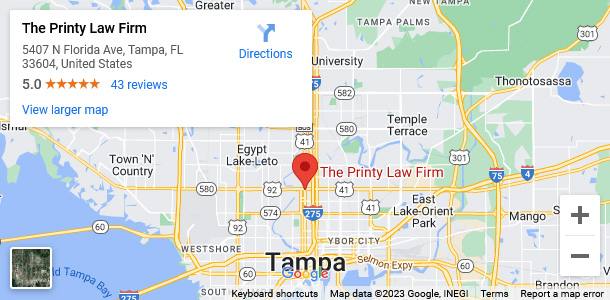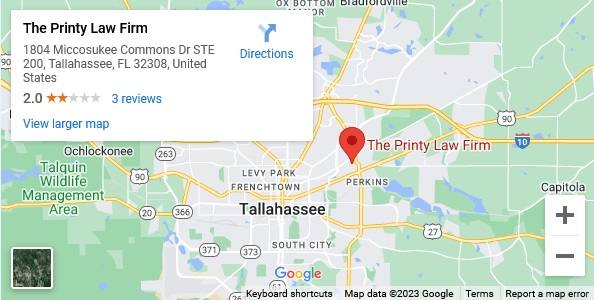Bill: End Mandatory Arbitration Blocking Court Access
Personal Injury Lawyers | Mandatory arbitration agreements have become so commonplace, it’s often almost a given that people will enter them any time they:
- Purchase a product;
- Renting a car;
- Seek admission into a nursing home;
- Enter a facility/ venue.
- These agreements serve to block access to a dispute resolution through the civil court system, instead requiring anyone with a problem to seek redress through a skewed arbitration system in which arbitrators view corporations as their “clients.”Arbitrators less frequently render decisions in favor of plaintiffs and even when they do, damage awards are usually for far less than they might otherwise receive. Plus, arbitrators don’t even have to follow the law. For example, there are some arbitrators that expressly state they adhere to Biblical law – and it’s legal because both parties “agreed” to it at the outset. They also prohibit class action lawsuits, which are sometimes the only way for “little guys” to go toe-to-toe with a huge, deep-pocketed corporation.
The problem is serious, as underscored by a recent New York Times investigation. It’s been characterized by legal analysts as one of the most profound legal shifts in our generation. Essentially, it allows business to opt out of the legal system and violate rights without reproach.
Now, a handful of federal lawmakers have proposed a bill that would put at end to it. H.R. 2087, the Arbitration Fairness Act, calls for an overhaul of arbitration. Essentially, as its sponsor Hank Johnson of Georgia notes, arbitration is a system of private justice in which the odds are stacked firmly against consumers – whether they are job applicants or victims of nursing home abuse.
Johnson’s measure is supported by lawmakers from across the U.S., and he urged his colleagues in the House Judiciary Committee to approve his bill, which would do away with mandatory arbitration as a resolution for civil rights and injury lawsuits.
Johnson noted these agreements tend to be buried in the fine print of nursing home agreements, employee handbooks, venue tickets and more. The sole purpose is to protect corporations from accountability – and to limit the afflicted from receiving adequate damage awards.
Today, it’s almost impossible to enroll and elderly parent in a nursing home, get a loan for college, land a job or rent a car without signing away your right to go to court.
Of course, corporations are spinning arbitration agreements as a necessity in order to avoid price hikes caused by frivolous litigation. But that ignores the strict burden of proof that plaintiffs have to meet in any personal injury lawyers lawsuit. It’s not a concern rooted in reality.
They also say we have to prohibit class action lawsuits because arbitration is more effective at allowing individuals to resolve certain grievances. But in fact, when The New York Times examined this issue, they found most consumers who can’t participate in class action litigation simply drop their claims.
There has also been pressure among federal lawmakers on the Obama administration to bar federal contractors from requiring arbitration agreements. And in 2015, attorneys general from 16 states requested the federal government turn down Medicare and Medicaid reimbursements to nursing homes that require nursing home arbitration agreements.
Undoubtedly, large corporations and lobbyists are going to raise significant opposition to these efforts, so those fighting for this cause are going to face significant challenges. Still, it does appear these measures also have substantial support – and momentum. –injury lawyer Florida
Call today for a confidential consultation from our trusted personal injury lawyers at Printy Law Firm | Tampa 813.434.0649 | Tallahassee 850.877.7299





